The chokehold of Black Gold on the US
Rising gas prices coupled with high inflation, housing costs and unemployment has caused a crisis in the US economy. Americans are feeling the pinch at the pump. Oil prices are over $100 a barrel and gas prices reach $7 a gallon in some states.
An overwhelming majority of Americans say the country is headed in the wrong direction. Most Americans, both Republican and Democrat, think the country's economic situation is poor.
The Biden administration has asked oil companies to lower gas prices at the pumps and the shortage of natural gas supplies has caused many countries around the world, including the US, to burn more coal for electricity.
Energy crisis, USA
Why are prices at the pump so high and how has this affected the government's approval ratings among US citizens in light of the increasing utilization of coal to produce electricity, and considering how the US is abandoning its environmental commitments in reducing the country's carbon footprint?
Inflation continues to rise across the United States; in May it rose to 8.6%, which, according to government data, is the highest increase in more than 40 years. With the increase in fuel, food, and housing, costs the Consumer Price Index, which is a broad basket of goods and services, skyrocketed.
Totally insane! I was actually dreading coming to the gas station, because I know it's gonna be $100!
Gas Station Customer 01
It's really strangling people.
Gas Station Customer 02
Now, it's not just at the gas station that Americans are shocked with such high prices. Fuel costs have more than doubled, airfares have gone up by more than 12.6% and natural gas has increased by more than 30%.
This has caused a fierce drop in consumer confidence, according to the University of Michigan index, which tracks consumer confidence; the confidence level fell to a 50 year low in early June.
Experts believe that the decline in consumer confidence will only damage economic growth.
What has caused the current energy crisis in America?
Our energy crisis in the United States is largely manufactured by ourselves. When President Biden came into office he immediately cancelled the XL pipeline, drilling in Anwar ceased and the various pockets where there is plenty of oil and natural gas have also been determined as not usable by this particular government.
You have pockets of those that are available in the Pennsylvania, New York, West Virginia, Ohio border, as well as places in Texas and Oklahoma and even the Utah basin. So there is a large amount of this issue that has been manufactured by the United States itself.
It's not to say that there isn't any impact by the fact that Russia is controlling some elements of their own production, and that OPEC now sees that we, the United States, are dependent on other oil sources.
And so we have gone with our hat in our hand to OPEC, to put ourselves back in the positions that we were in the 1970s. So that's a quick synopsis of our crisis.
Larry Friss PhD, Adjunct Professor at Utah Valley University
Most analysts point to the war between Russia and Ukraine as one of the main causes of surging oil prices.
Demand for oil has nearly reached pre pandemic levels, but producers are not producing enough oil to meet rising demands. OPEC was short almost 3 million barrels of oil a day from its target in April.
The White House, deflecting blame from itself, believes the war has caused gasoline prices to surge by more than $1.70 per gallon.
Is there currently a fuel crisis in the US?
Well, I think that there's not a distinct gas and energy crisis, there is a general economic crisis, which is generating effects in terms of gasoline prices.
It used to cost me, you know, here's a report from the front line, I used to spend about 20 bucks to fill my tank in my car now it's 50 bucks.
So that does create you know, I can afford it, but if people can't, why, that's quite another matter.
David Hungerford, Political Economist
Even though gas prices dropped moderately in July analysts are concerned that gas prices at US pumps could rise again.
Ed Harris, an economist at the University of Houston, believes that the national average cost of gasoline would likely reach $6 a gallon by Labor Day, which is in early September.
The president, via his Twitter account, asked companies running gas stations to bring down the price they're charging to reflect the cost they're paying for the product.
Well, the reasons behind the crisis are really policies by the United States government as to our immediate impact in our economy. There are some other influences ... take away our own independence, which we had through the previous administration, and as a result of that the United States is more particularly dependent on outside sources, which should not have taken place.
But on a global basis, where you have now OPEC in a position to be able to sort of manage and influence both production and price as well as Russia because the European continent is now more dependent on oil than they have been previously, because they are no longer receiving the shipments that were coming from exports of the United States.
So that puts both of those two oil producing countries in a place of strength and giving that influence, if you will, to the European continent as well as other parts of the world.
And so that's the byproduct of the United States being not energy independent and not able to export the product that they were able to export under the previous administration.
Larry Friss PhD, Adjunct Professor at Utah Valley University
The US Oil and Gas Association in response to the President's tweet taunted him and said that it's working on it and added “please make sure the White House intern who posted this tweet registers for Economics 101 for the fall semester”.
Jeff Bezos also criticized the president's tweet, saying that inflation is far too important a problem for the White House to keep making statements like this and added that it's either unadulterated misdirection or a deep misunderstanding of basic market dynamics.
I think we have to go back all the way to Karl Marx and he spoke of crises of overproduction. We generally hear the crisis attributed to the virus, but in fact, you know, according to the Federal Reserve, the household debt in the United States is the real cause.
If you look at it, between mortgage debt, credit card debt, student loans and auto loans, by quarter 1 in 2020, the total household debt in the United States worth over $16 trillion. And if you average that out over, you know, what the average household is carrying, you know, that they're carrying more than $200,000 in debt of the types that I have described.
And this is against a median household income of $69,000. ... So to pay for food, clothing and all the other expenses and then try to pay off $200,000 in debt; It's totally impossible.
It's brought about a crash, a financial crash, just like the one of 2008 which at that time there was no joking around. It was due to, you know, an overloaded mortgage market. Homebuyers had been lent too much money they couldn't pay it all back.
So this is just the whole thing coming back. You know, but much worse this time. And you could see it coming. I knew by 2018 this was going to happen.
David Hungerford, Political Economist
Now, according to the recent Gallup poll, two thirds of Americans have stated that the recent surge in gas prices is causing them immense hardship. This response is up from 52% in April, the percentage of people feeling severe hardship from the rise of gas prices in America has increased from 14% to 22%.
Now obviously, those with lower incomes are feeling the pinch much more; 80% of adults in lower income households earning less than $40,000 a year say the rising gas prices has caused them severe hardship.
Inflation is a bit of a problem right now for people generally speaking, because you have a good part of the country that lives, you know, kind of paycheck to paycheck and some that were able to live a little bit better than that.
But what is happening now because inflation has really taken from individuals their discretionary income they are no longer saving at the same rate that they were saving before. They're spending more money on those products that are necessary to live, like gas or food, clothing, and other things ... they have begun to choose to let go of the extra expenses, such as going to the movie or eating out as often as people have eaten out or maybe even grooming their dog.
And so those choices are taking place now in the United States. And people are beginning to rethink how they need to live. Some are thinking about picking up a second job in order to be able to make ends meet.
So there's all these influences because inflation has created these price hikes that are changing the culture of American spending, consumer confidence, economic activity, and those things.
Larry Friss PhD, Adjunct Professor at Utah Valley University
Most Americans believe that the country is headed in the wrong direction. The statistics are not surprising for the Republicans who were pessimistic about the government from the start, but now 78% of Democrats also believe that the country is going in the wrong direction. This is according to AP NORC polls conducted late June 2022. The poll also shows that 80% of Americans believe that the US economy is in poor condition.
Well, of course that's you know, this inflation really underlies, you know, the, as I say it's quite comprehensive and it affects all areas of the cost of living and I don't see anything happening to help the average person there are things that they could certainly do.
You know, they could put a whole lot more money into federal food stamps, subsidies, you know, and I don't see them doing that.
So, no, generally, you know, I would say, just very ineffective level and responses at government level. I think it's really up to the banks that are running the show here. That's where the power is located.
David Hungerford, Political Economist
Amid the economic crisis, Joe Biden's approval rating has sunk to as low as 30%. And this the lowest he has ever received.
In a recent national poll, conducted by the civics poll's daily tracking survey of registered voters, voters from every age group, covering all educational levels, and both genders, below 40% approved of Biden.
Not surprisingly, the younger voters aged 18 to 34 were the least satisfied at 21%.
What is the government doing to ease the current economic crisis in America?
Well, they're not really doing anything to resolve the US crisis. In fact, it's a position that they want right now because this administration is trying to control resources and resources include food, water and energy.
And because they are trying to control those resources, if they can, in fact, create an inflated price structure when it comes to any of those three, then necessarily, people become more dependent on the federal government and social welfare programming is exactly what this administration would prefer because they would move us toward levels of socialism or dependency upon the federal government.
So this is actually their narrative and exactly the way that they are marching us toward what they want as an end goal and that is greater dependence on the government itself. So this is their plan.
Larry Friss PhD, Adjunct Professor at Utah Valley University
President Biden in a bid to save face in dealing with mounting criticism for his handling of the economy has asked Congress to suspend the federal gasoline tax for three months and has called on the states to do the same.
Experts believe that this is only a political stunt since the 18.4 cents cut on gas and 24 cents on diesel will not do much to lower prices at the pump.
It would take some time for the price cuts to get approved, and by that time, the price of oil will have gone up or down and an 18 cents cut wouldn't be significant.
They are doing very little they're not granting new drilling licenses, you know, for instance, in the oil producing areas of the United States. They're generally holding up on increases of, you know, energy production and so forth, offshore drilling for gas and so forth, and I think the thing is that, you know, the oil and gas companies, the energy companies, you know, they like shortages, you get higher prices and they get higher profits. [sic]
David Hungerford, Political Economist
The Biden administration and the Democratic Party are not meeting their promises on climate change either.
Some analysts believe that with the energy crisis and the rising cost of fossil fuels, the US would be more inclined to use renewable energy to tackle climate change.
However, not only has that not happened, but burning coal as fuel has increased with plans to build new infrastructure to drill and export more natural gas making the country more dependent on fossil fuels.
When we talk about going green, remember that even electric cars need to stop and be powered up. And that power comes through electricity, electricity comes through coal fired power plants.
And so going green is kind of an interesting oxymoron, because it necessarily the very end product or the very end resources that produces the electricity is the enemy of the state, and that is coal, coal fired power plants.
And so what's next well, what's next is trying to be able to do something with respect to solar energy, and that has kind of lost favor at least on a large scale, because there's so many complications related to it.
Larry Friss PhD, Adjunct Professor at Utah Valley University
The price of gas and high inflation is really taking its toll on Americans, especially in low income households and minority communities, which tend to earn the least.
The Biden administration doesn't seem to have a solid solution to tackle this crisis, and as a result, has drawn fierce criticism and also bipartisan dissatisfaction. Minority communities, which normally vote for the Democratic Party, are becoming increasingly pessimistic towards the government because they're the ones hit hardest by the economic crisis and nothing is being done to ease their pain.
Arab rights group urges UK to sanction Netanyahu over 'incitement to genocide' in Gaza
‘Political, non-constructive’: Iran slams UNHRC special session on recent riots
Forced evacuations in South Gaza as Israeli military expands control over land
Iran reports steep rise in exports after forex policy shift
Iranian bank loans up 47.2% y/y in Apr-Dec
Macron slams Trump’s ‘bullying’ as US threatens tariffs, pushes Greenland grab
Israeli rape victim and former captive says Hamas felt safer than Israel
VIDEO | Press TV's news headlines


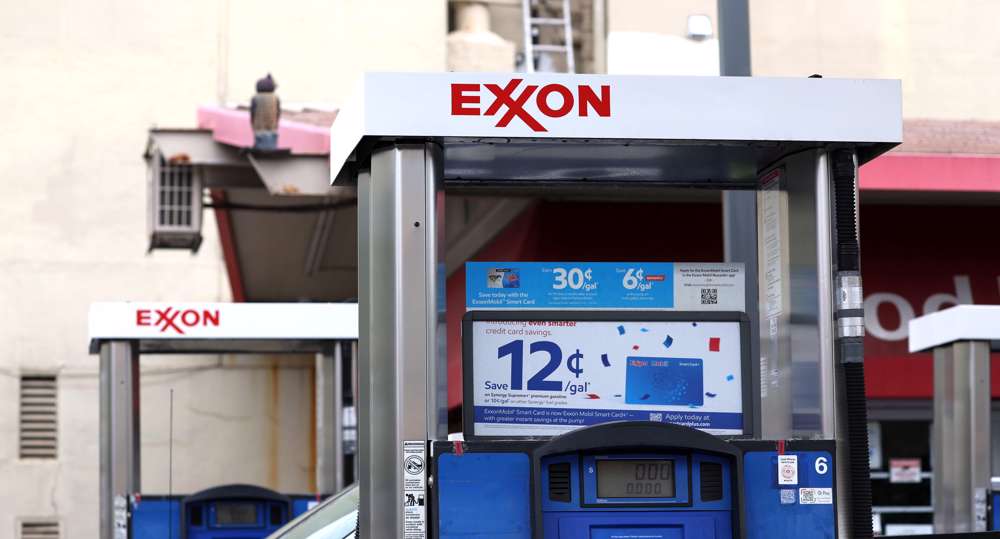
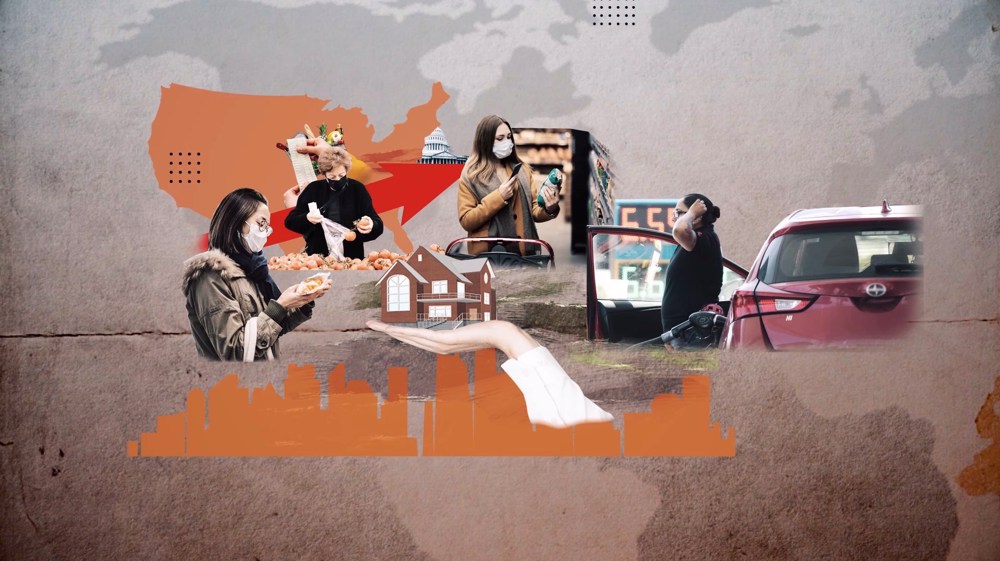
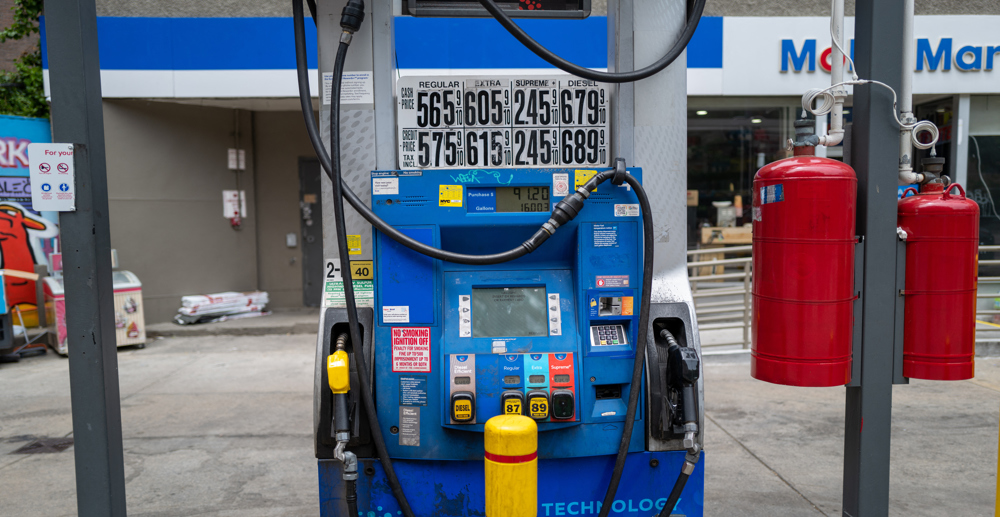

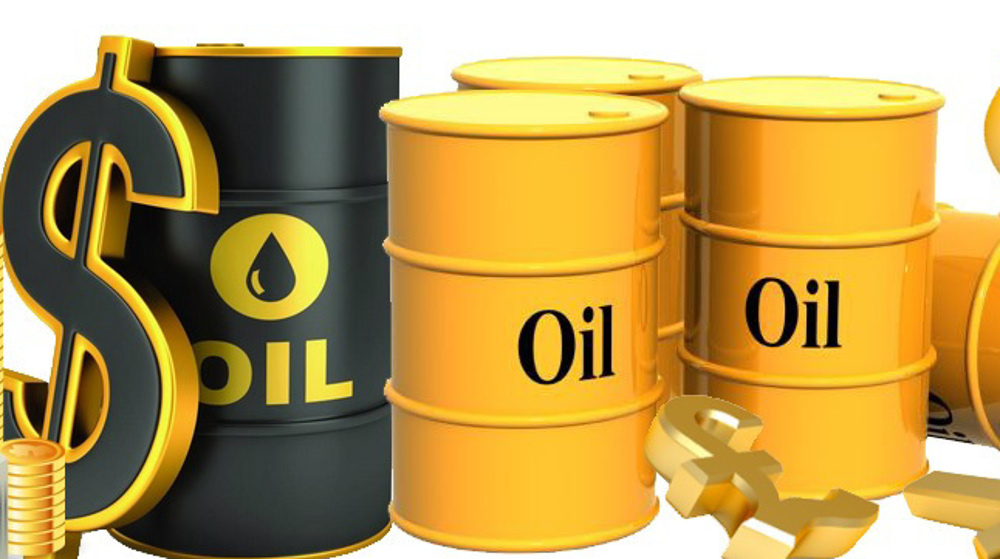
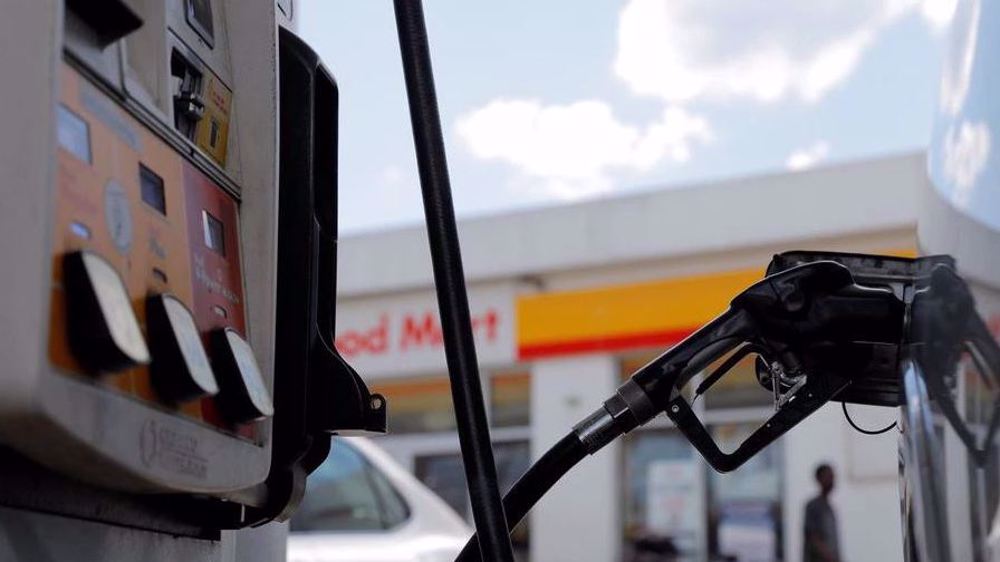

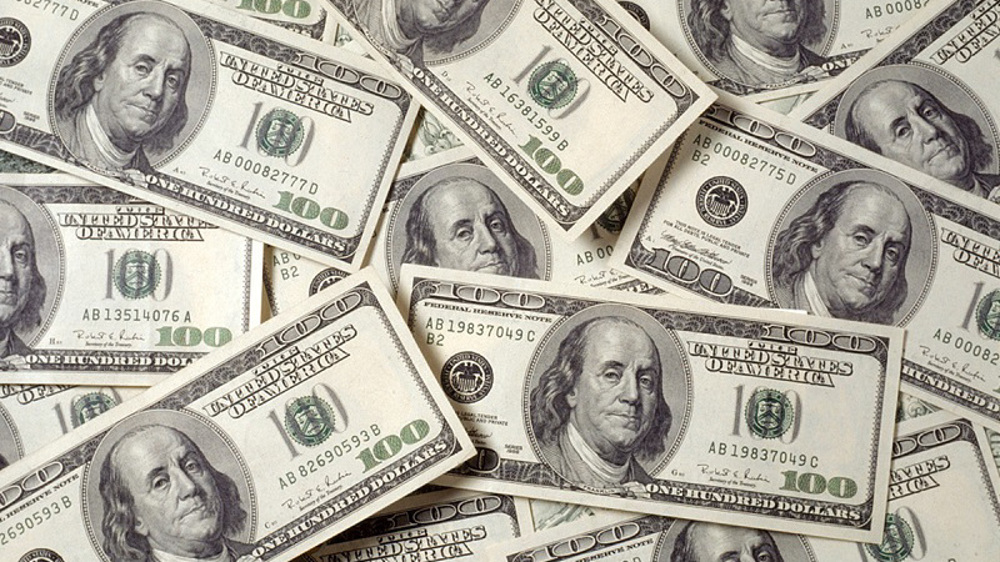
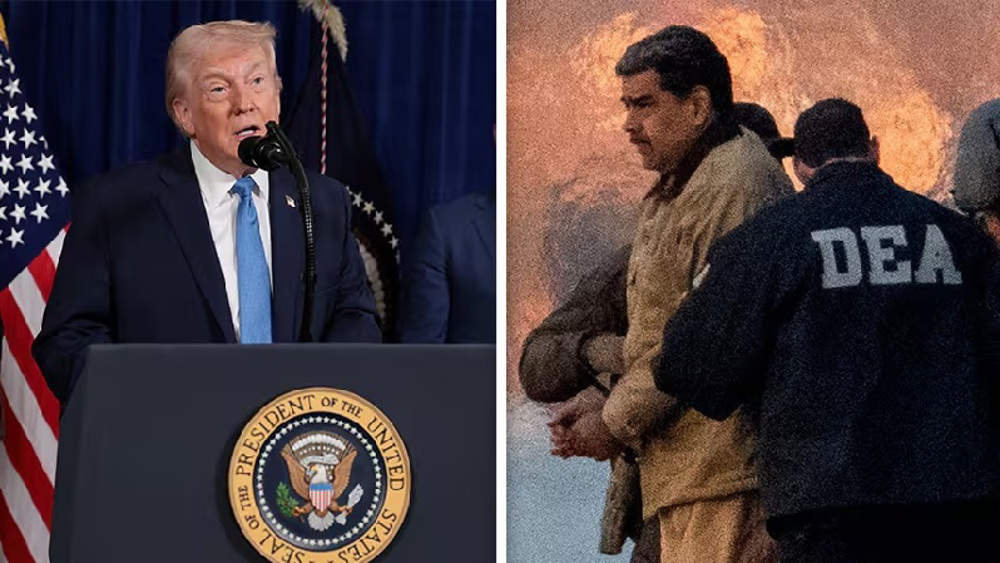

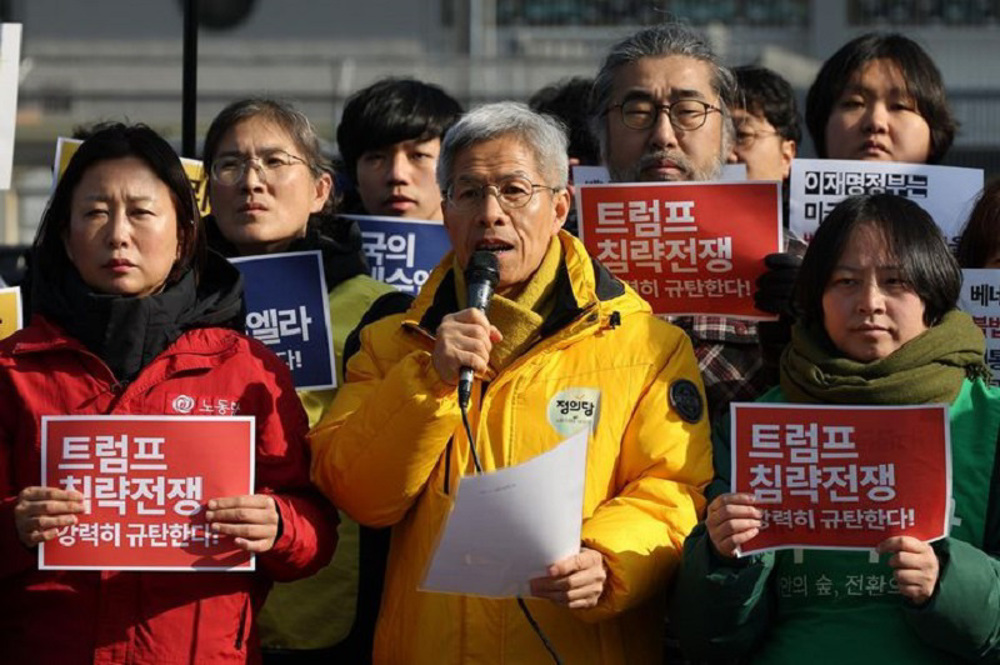




 This makes it easy to access the Press TV website
This makes it easy to access the Press TV website